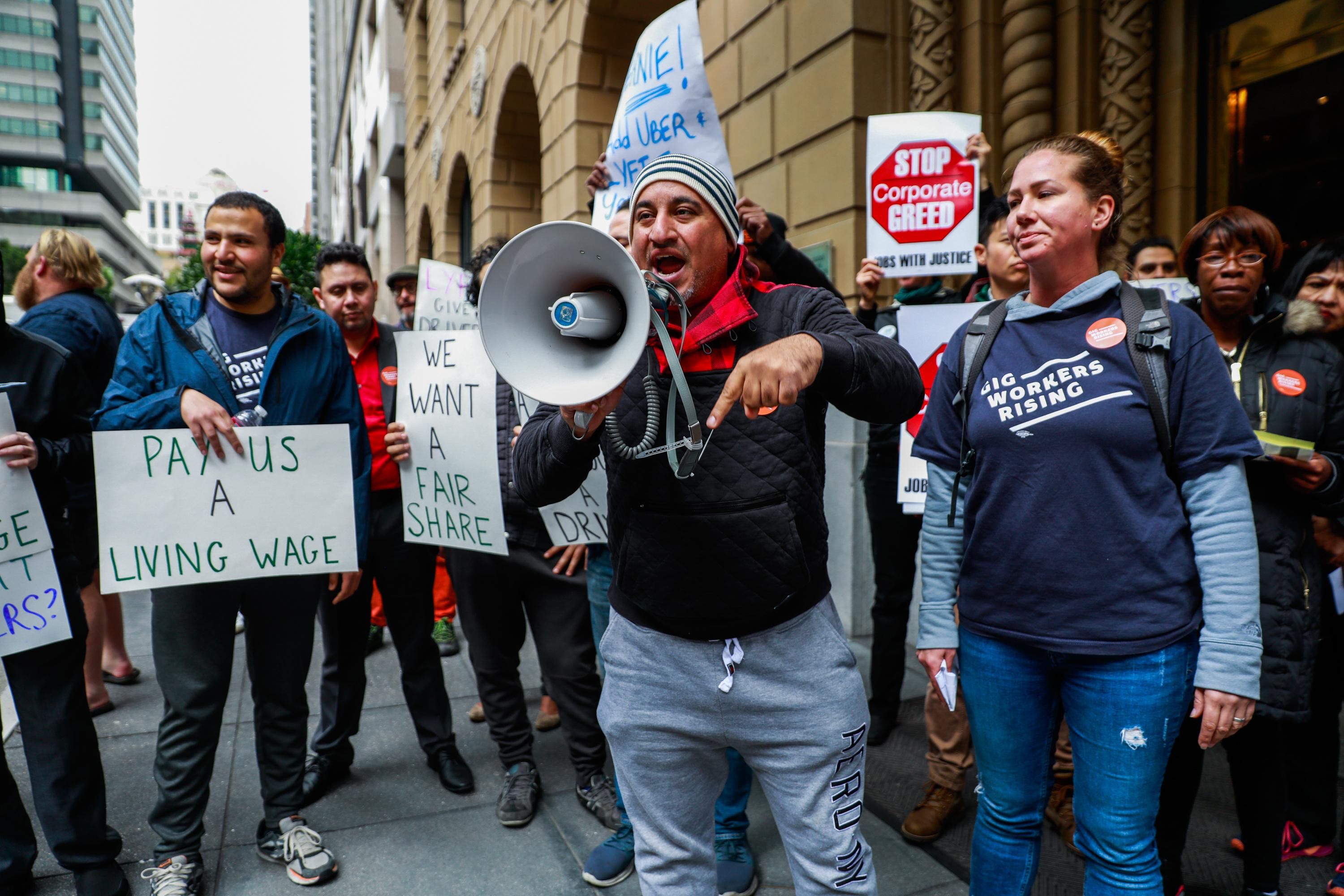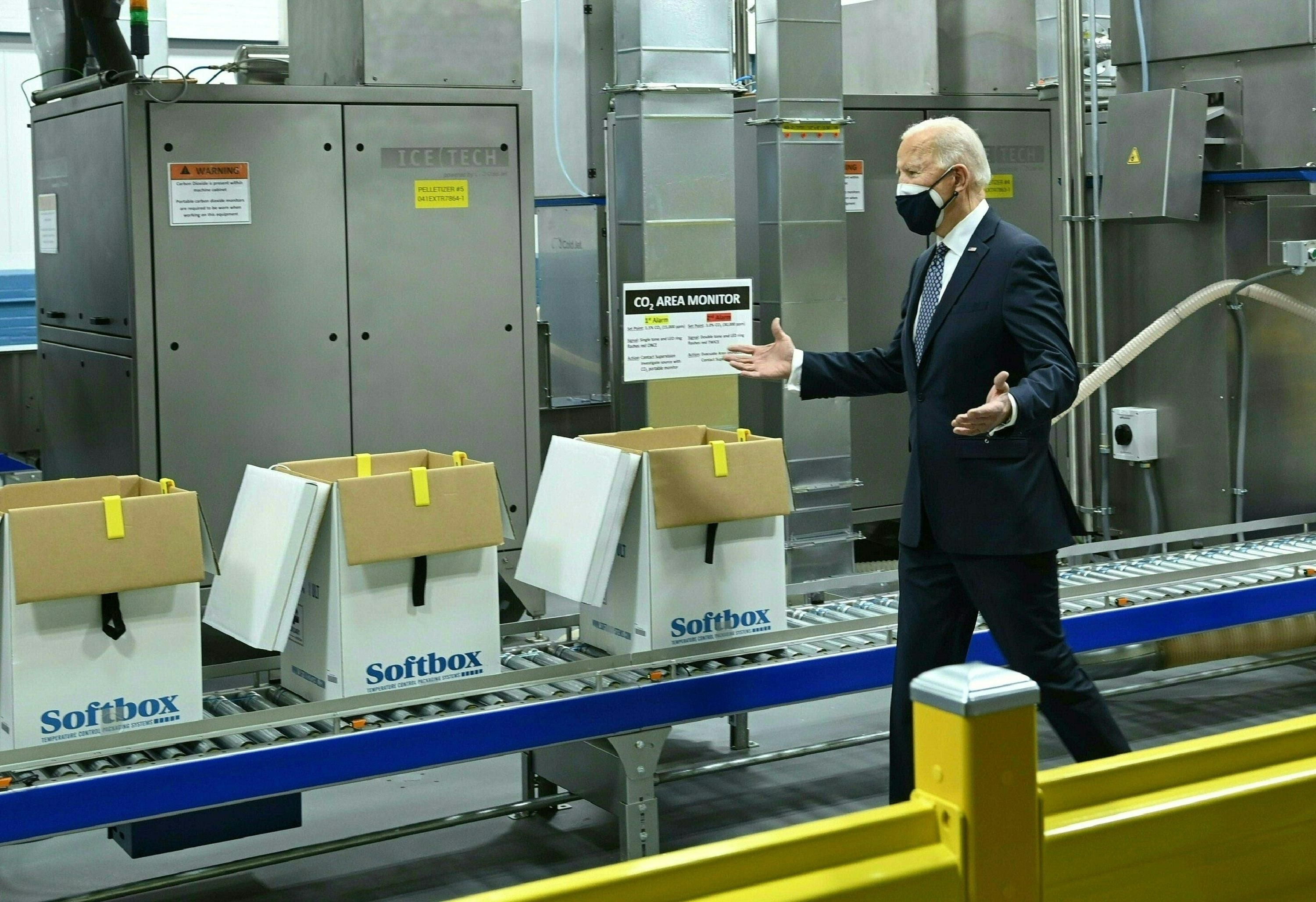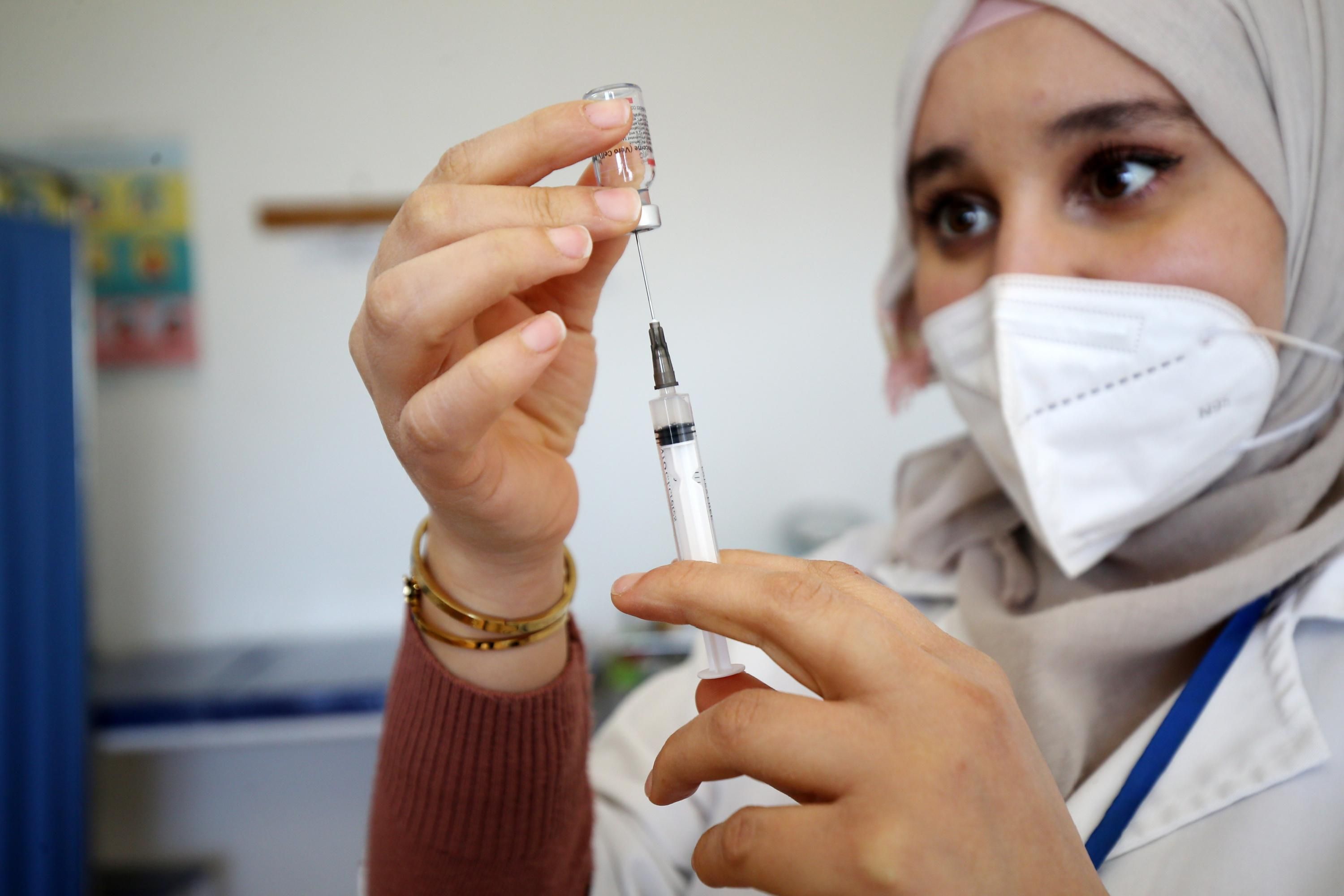Janet French
y

Alberta's Municipal Affairs Minister says his government needs to do more to force oil and gas companies to pay overdue property taxes to municipalities.
Minister Ric McIver acknowledged legislation last year didn't go far enough just as the Rural Municipalities of Alberta (RMA) said delinquent oil and gas companies now owe municipalities $253 million in unpaid taxes. It's a number that has ballooned during the last three years.
McIver said there are "no excuses" for companies to leave municipal governments in the lurch while high oil prices furnish them with profits.
"What we all thought would work, hasn't yet. So we're going to try something else," McIver said during a legislative committee on Monday night.
Last year, the legislature passed a bill that restored municipalities' ability to place special liens on property owned by oil and gas companies that didn't pay their taxes.
McIver called the tool a "hammer" that would hopefully persuade companies to pay their tax bill, or arrange a payback plan, rather than sending municipalities to court looking to seize company assets, which is complex and expensive.
Although some counties and rural municipalities managed to recoup money, more debts piled up elsewhere, McIver said.
The RMA survey found the unpaid taxes owed to its members rose by 3.3 per cent by the end of 2021, compared with 2020.
RMA wants regulator crackdown
Skirting tax bills is unfair to municipalities, which must find extra cash, cut expenses or lay off employees to balance their budgets, said RMA president Paul McLauchlin. It's also unfair to rural taxpayers to shell out more money for fewer services.
"They're causing undue harm and distress to rural Albertans," he said.
In some municipalities, the industry can make up 60 to 90 per cent of their expected tax base.
Covering the difference prompts municipalities to delay road and bridge repair or construction projects – the very infrastructure companies rely upon to operate in the area, he said.
Some of the corporations in arrears are hard to track down – a few are numbered companies based in the Cayman Islands, McLauchlin said.
If the status quo continues, Alberta is going to end up with insolvent municipalities, he warned.
He said there are steps the Alberta Energy Regulator (AER) could take to make life more difficult for cheating companies, but the government lacks the will to hold the industry accountable.
The regulator now can consider whether a company owes taxes when reviewing an application for an energy license or transfer application. McLauchlin says it should be required.
The AER should also rely on municipal information about whether a company owes taxes rather than trusting companies to self-report, he said. Owners shouldn't be able to transfer any assets without paying their taxes, nor should they be allowed to operate, McLauchlin said.
"In its simplicity, it's frustrating," he said. "Really, the tool is there."
These were tools the RMA also requested last year when legislation was up for discussion.
At the legislature on Tuesday, McIver said they didn't think those measures were necessary, at the time. He left the door open to using such tools now.
"I would say, 'Sure, if the AER can help, if RMA would like, we should ask them.' " McIver said. "But before I jump into that, I think I've got to do some homework."
CBC has requested comment from the AER and Alberta's energy minister.








